Did you know... in Thailand, many communities still face shortages of clean water for consumption and daily use? For example, communities in the area of Ban Khao Sub-district Administrative Organization in Songkhla Province use groundwater with high hardness, making it unsuitable for drinking. This forces residents to rely on expensive bottled water of uncertain quality, creating both a financial burden and health risks. Furthermore, traditional tap water production systems are a source of greenhouse gas emissions due to their high consumption of electricity and chemicals.
An "Innovation for Producing Tap Water from Rainwater" was therefore developed as a new alternative for sustainable water management, through the participation of the community, local administrative organizations, and researchers from the Thailand Institute of Scientific and Technological Research (TISTR), with support from the Program Management Unit for Area-Based Development (PMU-A).
On October 14–15, 2025, the Thailand Environment Institute (TEI), led by Ms. Phuangphaka Khaokratok and a team of researchers, visited the area to exchange knowledge with project stakeholders. They found that this innovation not only addresses the need for "sufficient clean water" but also plays a significant role in reducing greenhouse gas emissions by decreasing the use of electricity, chemicals, and plastic water bottles. Importantly, the system is economically viable, with a payback period of less than 2 years. It serves as a model approach for community water management towards a low-carbon society and supports the country's Sustainable Development Goals (SDGs).
The research results have proven that green technology can genuinely improve quality of life and reduce social inequality. The tap water produced from rainwater meets the drinking water quality standards of the Ministry of Public Health and the World Health Organization (WHO), with no health risks from heavy metals or microorganisms detected.
TEI, as an organization synthesizing knowledge on "Livable City Development" under the support of PMU-A, will take the lessons learned from this model area to build upon and expand to other areas, and to effectively define future research frameworks that address area-specific needs.
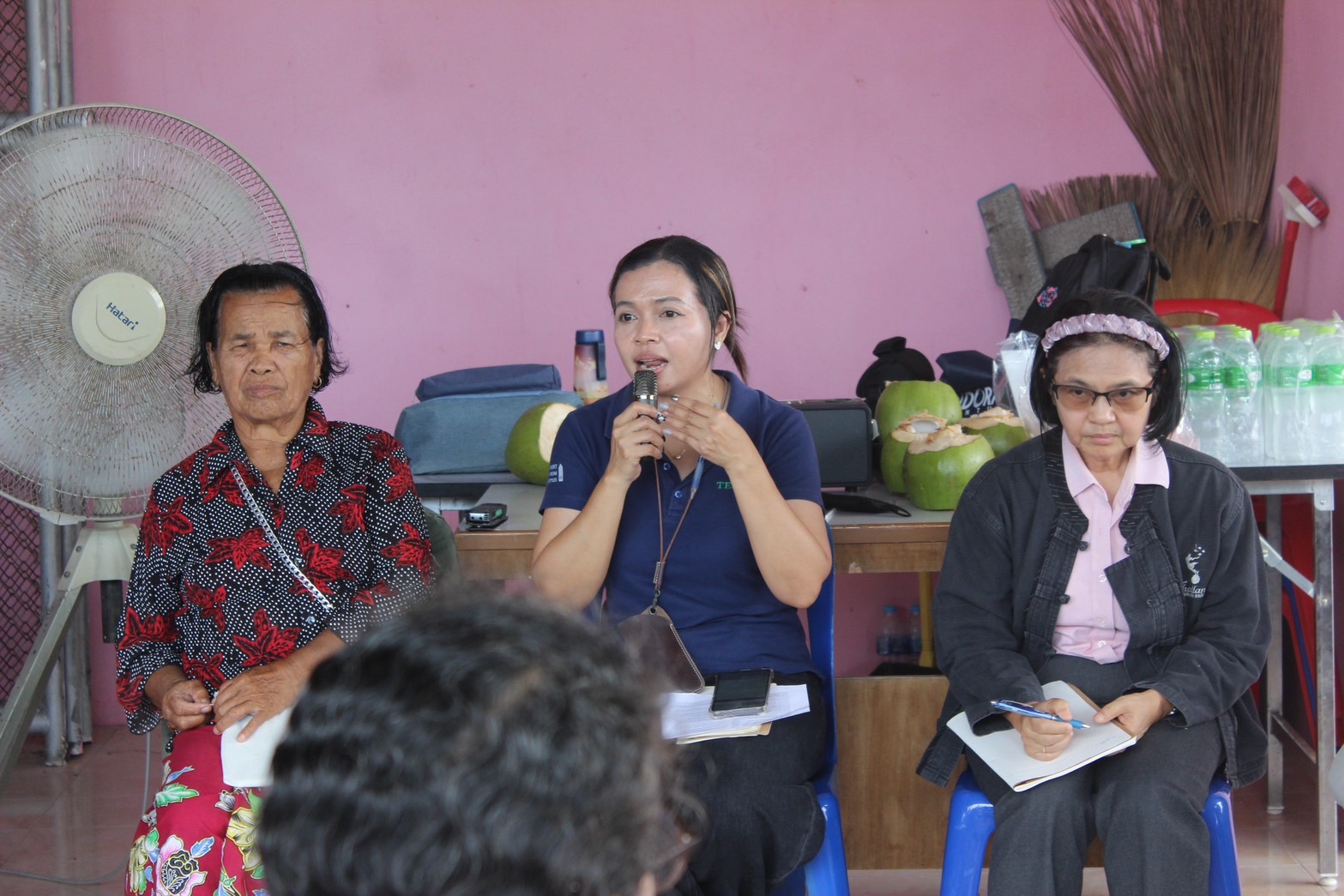
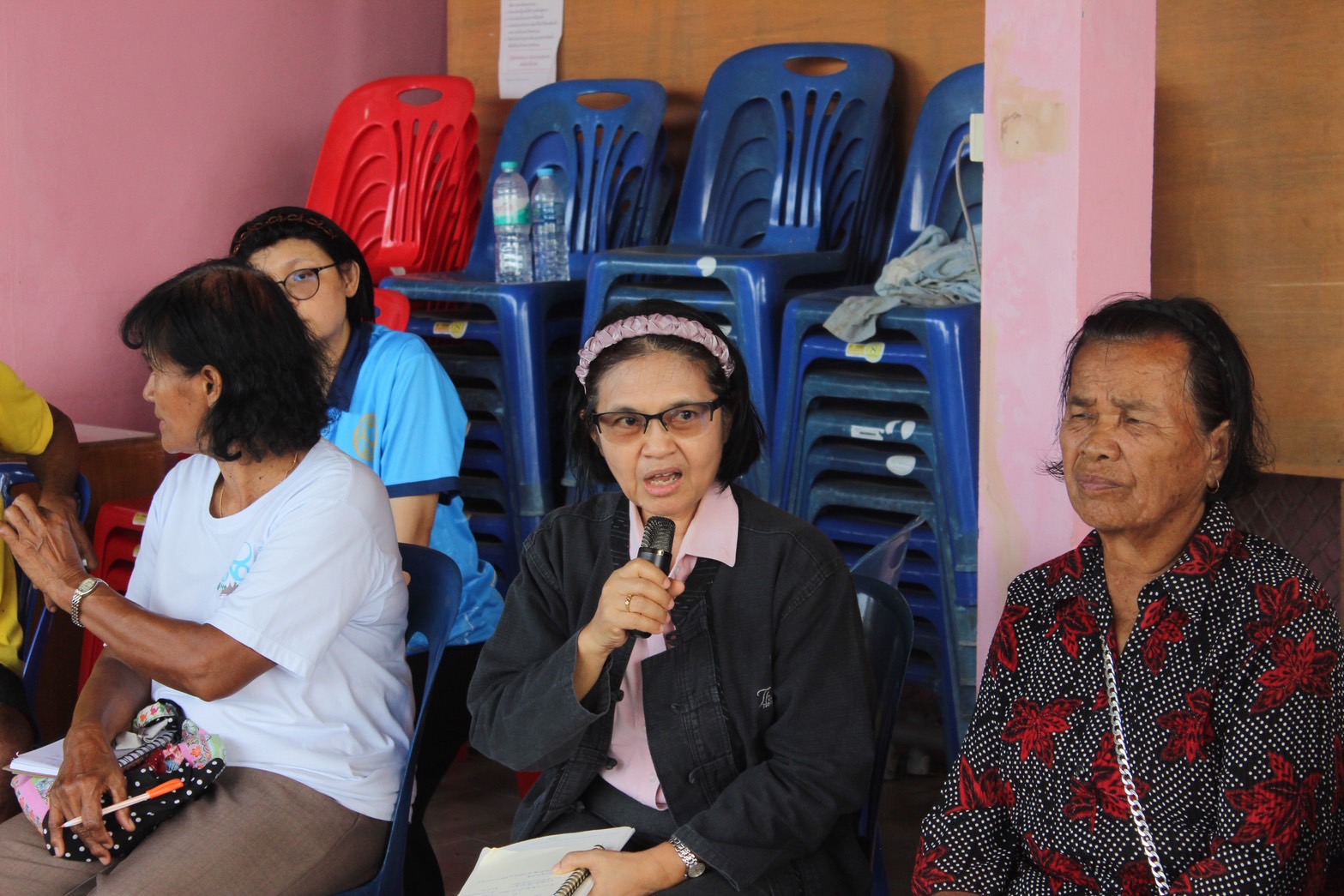
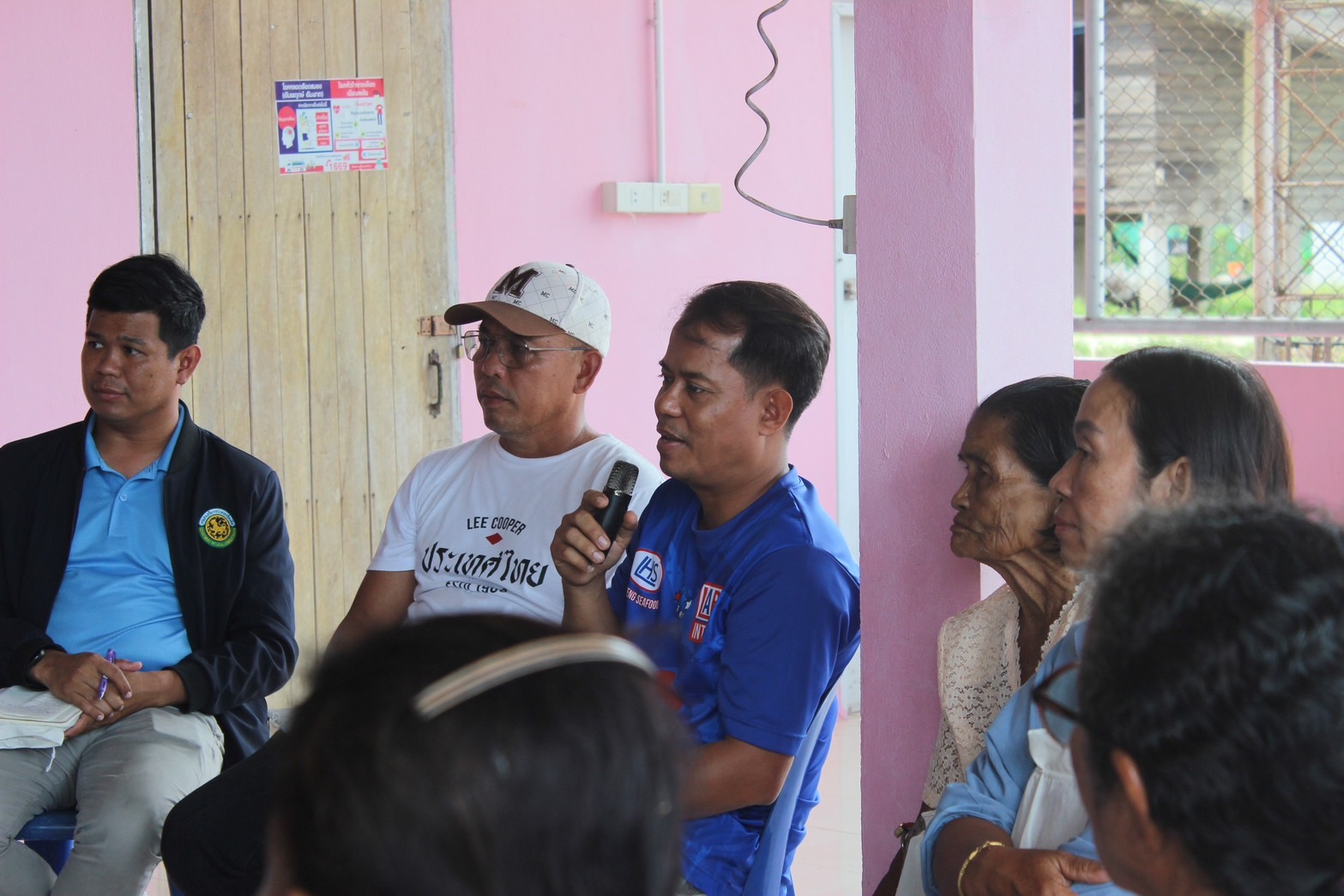
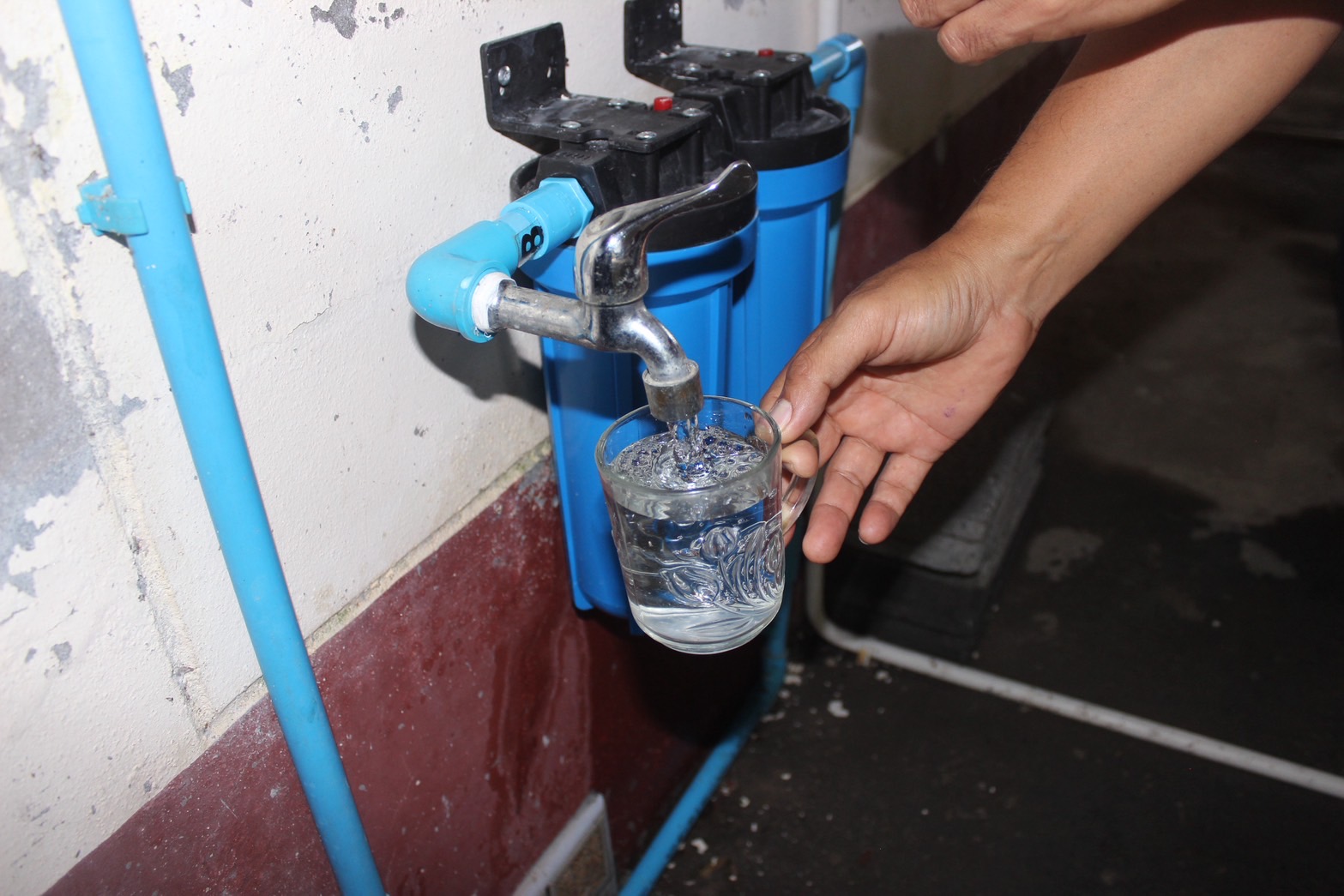
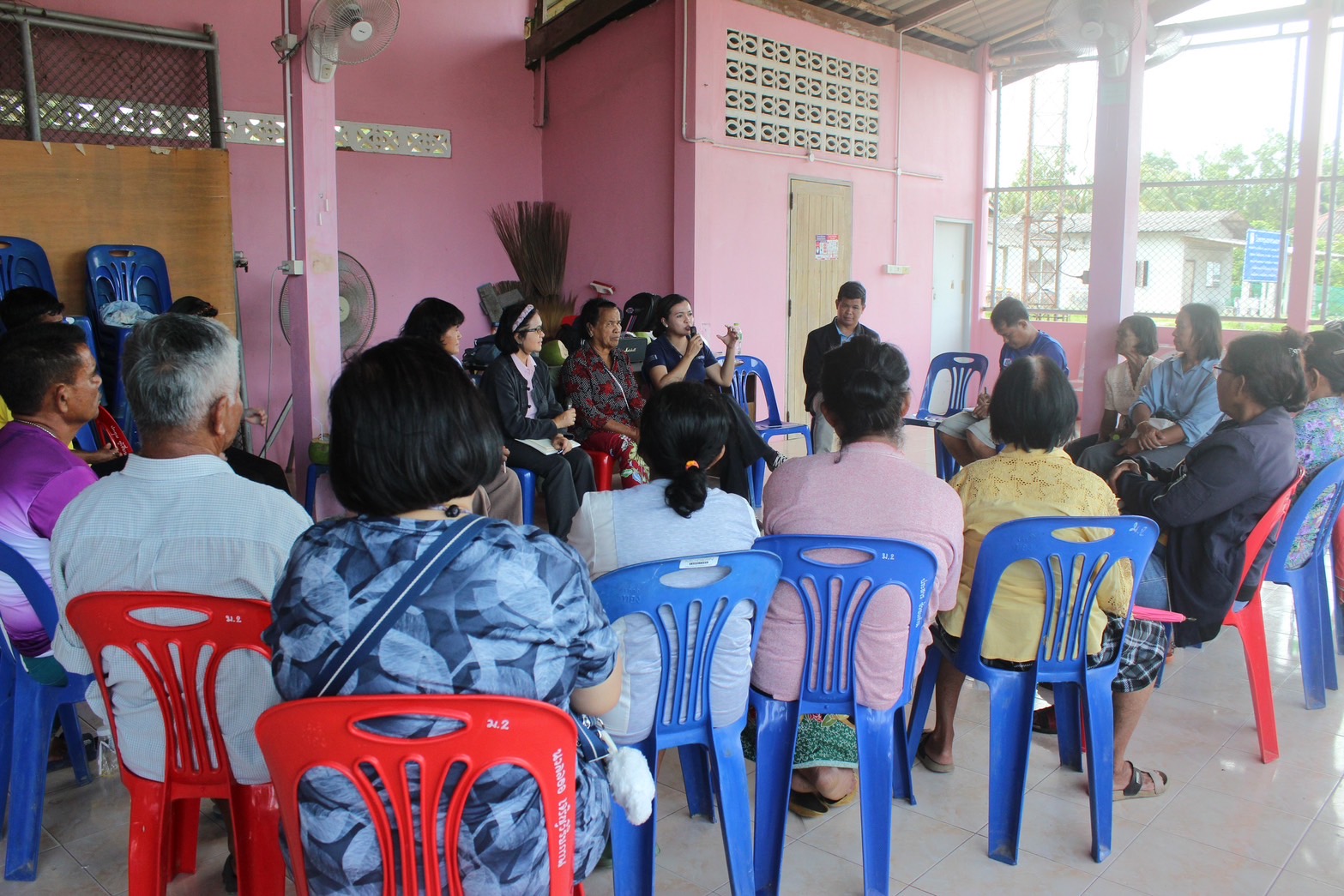
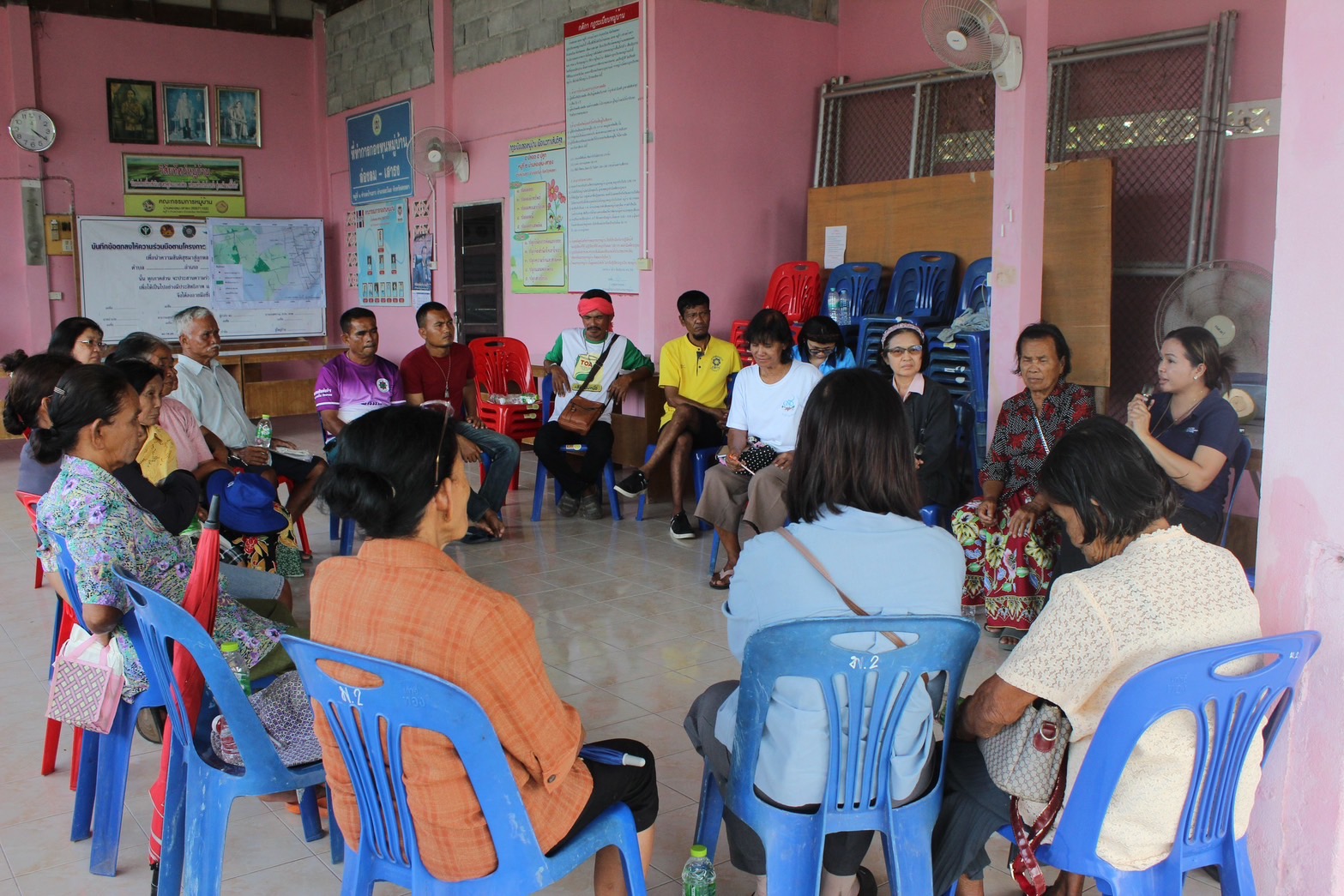
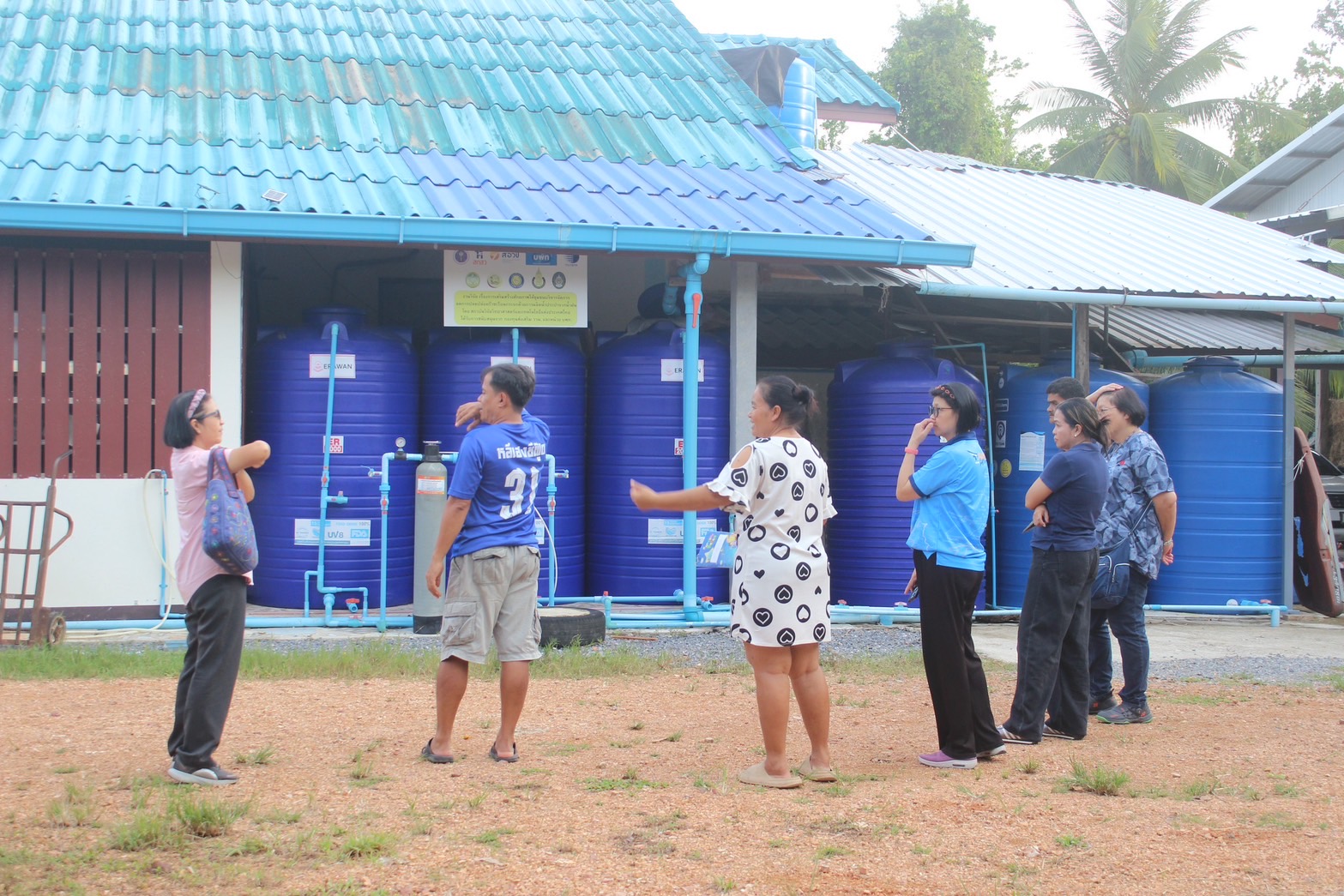
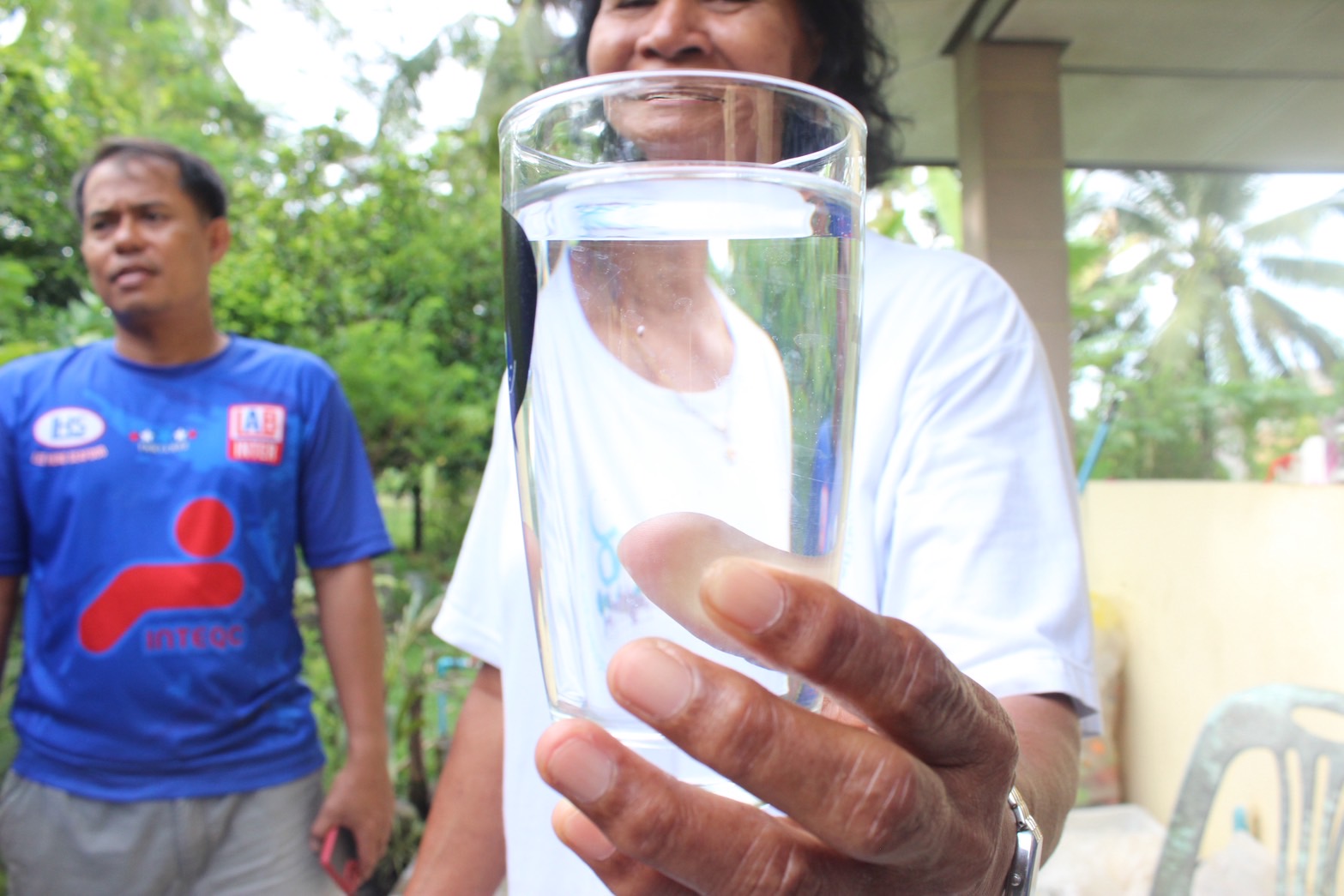
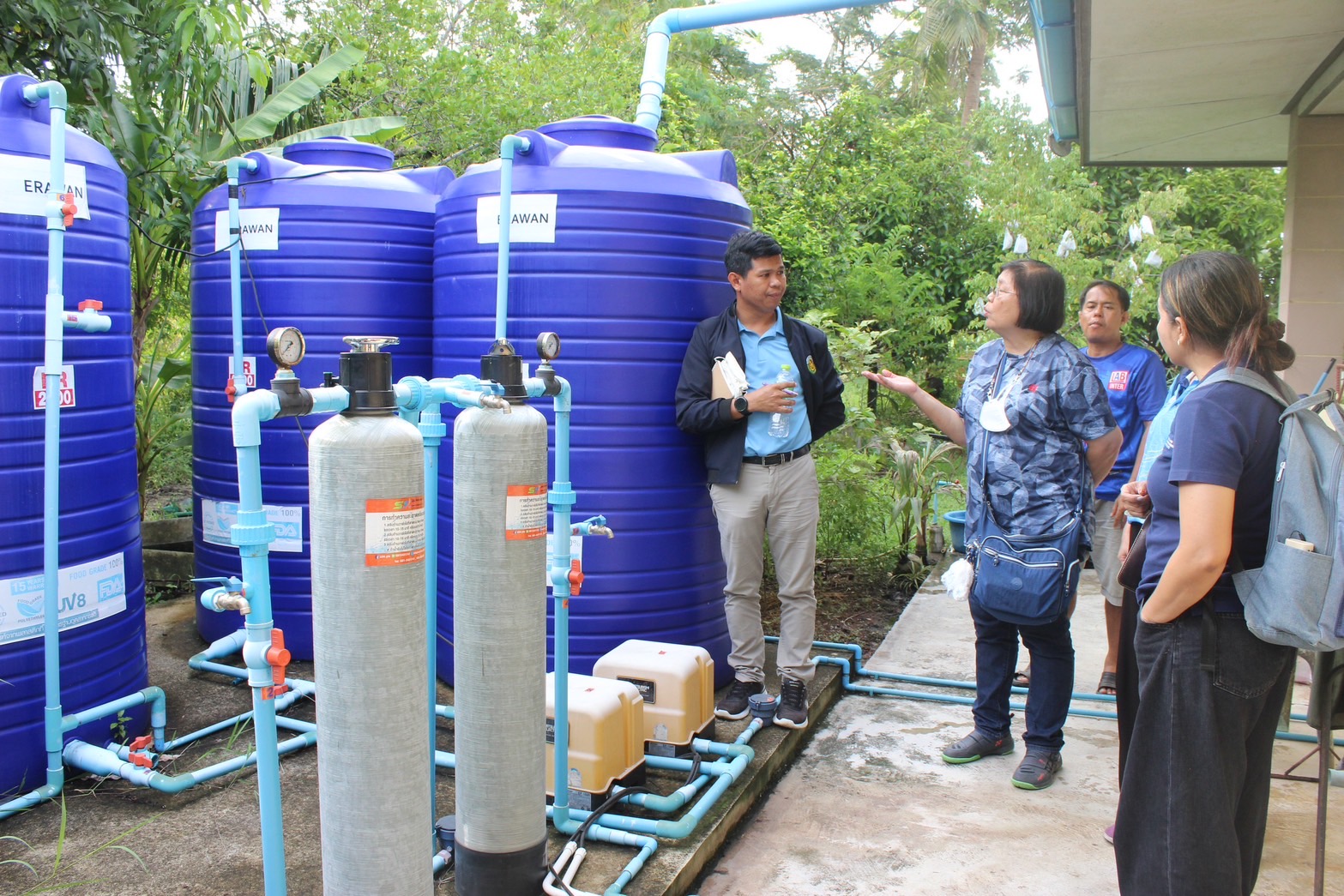

Share: